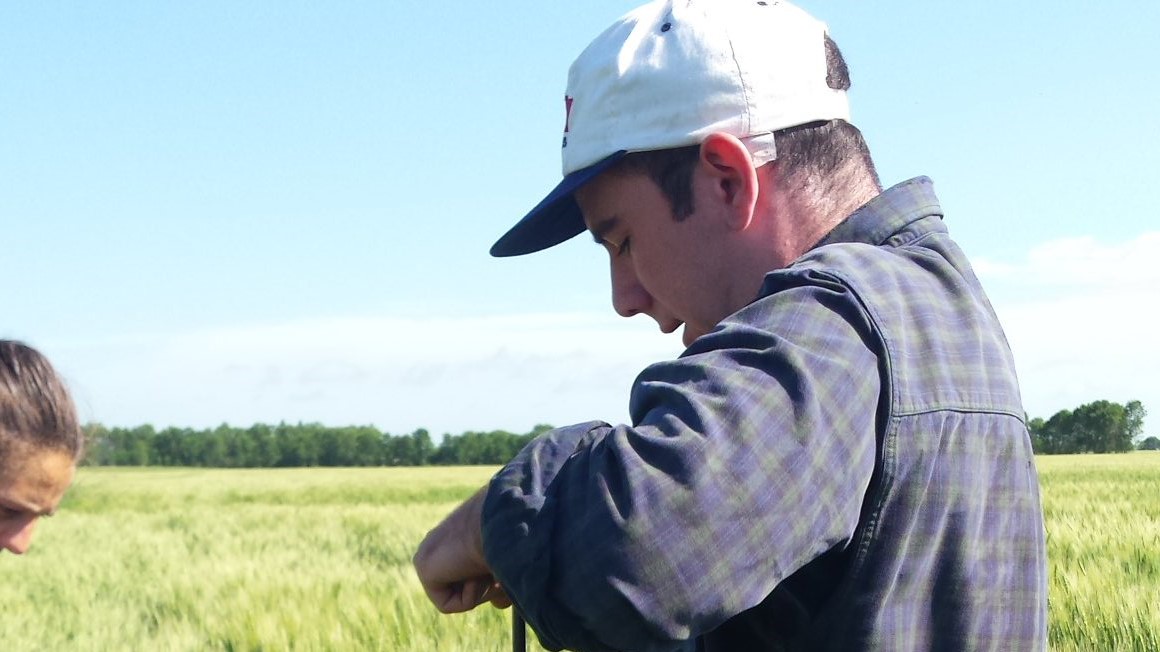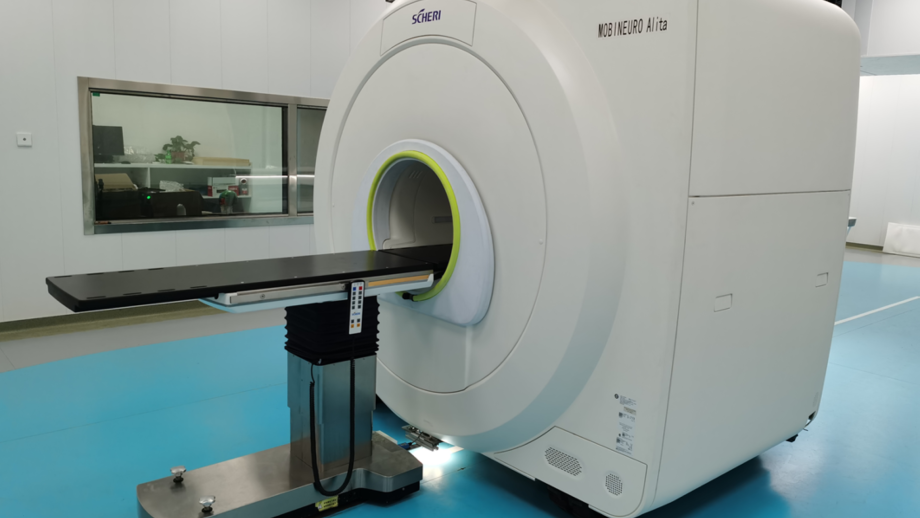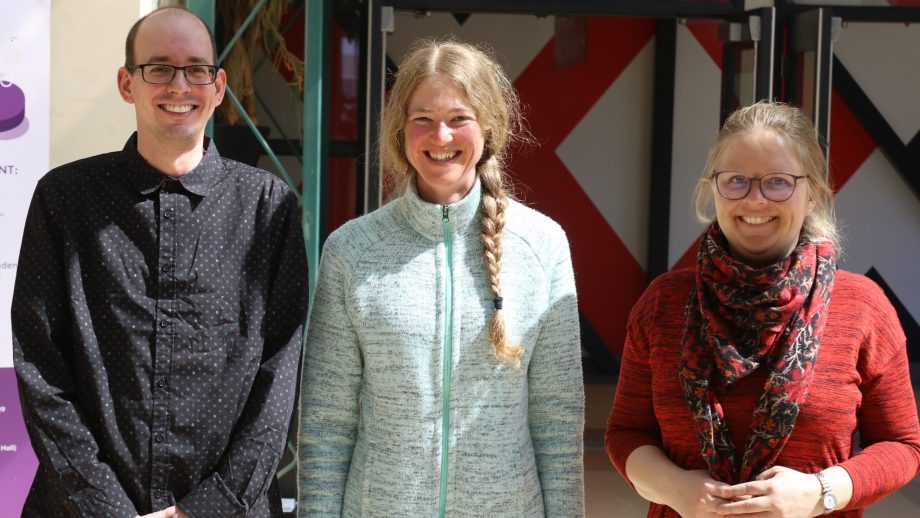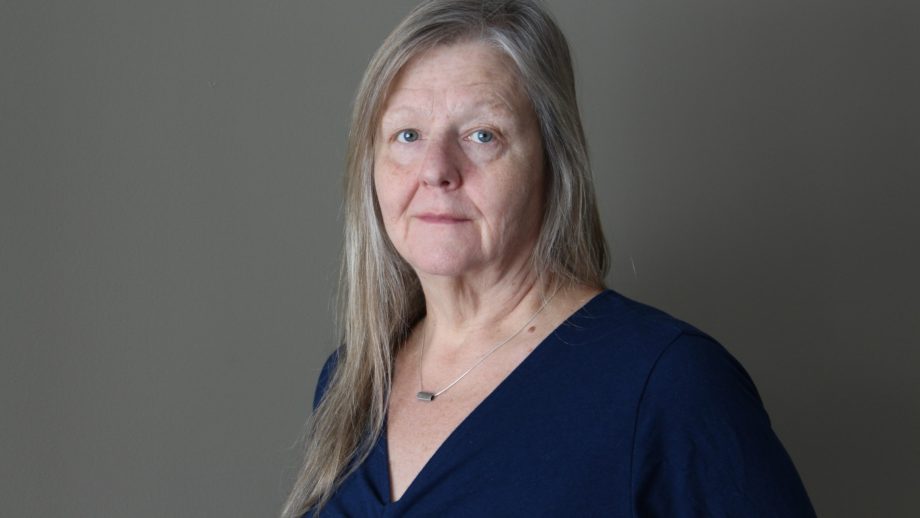University of Winnipeg Postdoctoral Scholar Dr. Matthew Morison is examining how carbon moves and is stored in forested watersheds in an effort to better understand the impact of climate change on ecosystems.
He received a Mitacs Industrial Accelerate Postdoctoral Fellowship to work with the International Institute for Sustainable Development, Experimental Lakes Area (IISD-ELA); a unique, freshwater laboratory in northwestern Ontario.
He says working with IISD-ELA is an amazing opportunity.
“The chance to see the mechanics of how it works, and to get to the field site where the magic happens is so exciting,” he said.
Morison is investigating how the changing patterns of water movement through forests alters the export of carbon from streams to lakes, Ultimately, he’d like to understand how measurements taken at long-term research sites, such as IISD-ELA, can be used to predict how carbon will behave across the region more generally.
“IISD-ELA maintains an impressive and storied long-term record of lake and watershed data,” he said. “This is an incredible resource to Canadian freshwater research.”
What can hot spots of carbon activity tell us?
He believes that monitoring carbon activity outside of traditional monitoring practices of sampling once per month or once per season will provide important insight into the impact of climate change on ecosystems.
“Canada contains over one-quarter of the world’s boreal forest, a globally relevant carbon store,” he said. “In order to better understand this important landscape, we especially need to monitor hot spots of carbon activity and how these parts of the landscape will react to a changing climate.”
There are long-standing conventions around the way we sample and monitor environmental systems, but Morison is interested in gaining clarity around meteorological periods where things change very quickly.
With this in mind, he is honing in on key times of year, such as when rapid snow melts happen, to see how they appear in historical data.
Mentorship and collaboration inspire research
His supervisor, Dr. Nora Casson, has done extensive research into extreme weather events and the impact of rapid snow melt on ecosystems.
“We often think of the boreal region as being pristine and relatively untouched by human influences. However, shorter winters and warming temperatures are affecting the water quality of lakes and streams across Canada,” she said. “Dr. Morison’s research and his partnership with IISD-ELA will help us make decisions to protect these waterbodies, both now and into the future.”
Morison is thrilled for the opportunity to work with Casson.
“Dr. Nora Casson is an incredible mentor,” he said. “She cultivates both a collaborative and inspiring environment within her research program, really integrating her students into broader research objectives and projects, including the chance to meet with, and work alongside, partners not only from other universities, but also governmental and non-profit collaborators.”
Morison completed his undergrad at UWinnipeg before transferring to University of Waterloo for his master’s and PhD. He says the close-knit community at UWinnipeg allowed him to experiment with a variety of research interests, from electric cars, lunar geology, and pure mathematics, to boreal ecohydrology.
“I am grateful to have a history of great mentors at UWinnipeg who gave me the chance to work on such varied and interesting projects during my undergrad,” he said. “Being back at UWinnipeg for this position is a bit of a homecoming for me.”
Mitacs is accepting applications for the Accelerate Industrial Postdoc until November 25, 2020. The deadline to apply for their Winter 2021 Elevate Postdoctoral Fellowship is February 10, 2020.





